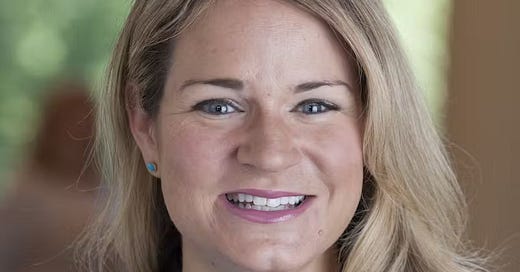One of the great blessings of my life is that I’ve come to count several of my colleagues among my closest friends — maybe even closer than that: more like siblings. So it was with no small sadness that I learned last fall that we’d be losing a wonderful colleague who has become a sister to me: Dr. Amy Poppinga.
No, losing is too strong a word. Amy will …
Keep reading with a 7-day free trial
Subscribe to The Pietist Schoolman to keep reading this post and get 7 days of free access to the full post archives.



